New regulations about the protection and preservation of the Krka National Park have come into effect
17/01/2020
Strongly focused on the preservation of resources and the wealth of biodiversity, the Regulations introduce measures for protection, preservation, improvement, and utilization, and confirm the management zones of the Krka National Park. The protection of natural processes and biological diversity, at a time when the world is facing the challenges of climate change, are the fundamental determinants of the new Regulations, in line with the basic activities of the Institution, which include protection, maintenance, and promotion of the National Park, with the aim of protecting and preserving the originality of the natural resources, and supervision over implementation of the conditions and measures of natural protection in the protected area. With the intention of carrying out active measures of preservation and revitalization and the coordination of cooperation and activities with the local community, the new Regulations bring innovations in line with the long term strategic aims and new measures of sustainable management that represent the basis for the future management plan and the spatial plan that is in the process of being realized. The entire existence of the Krka River basin and its living world are based on the development of the travertine barriers, hence the preservation of the process of travertine deposition is the fundamental aim of the Krka National Park. For this reason, the new Regulations prohibit swimming in the Krka National Park from the 1st of January 2021. The local population and business entities were given a period of adjustment, through open dialogue, cooperation, and assistance from the Krka National Park. Due to the many centuries of coexistence of man with the river, swimming is allowed for the local population at the following localities: Stinice, Remetić – Pisak, and downstream from the Roški slap waterfall. “The Krka National Park, on the eve of its 35th birthday, is about to adopt important strategic documents that will determine the path we want to take towards our mature years. Our most important task is to determine what kind of ecosystem we will leave to future generations, and the new Regulations were adopted in accordance with this. After many years of reflection and much research, with consideration of the needs of both nature and we humans, who in one way or another utilize what the Krka has given us, measures were adopted that will contribute to a long-term sustainable management and protection of nature”, stated the director of the Krka National Park, Nella Slavica, and continued: “The full Regulations are strongly focused on the preservation of resources and the wealth of biodiversity, whether this refers to the regulation of the number of visitors, waste disposal, hunting and fishing, or forest cutting. The methods of using water and public water assets in certain subzones is clearly defined, and obligates the users to submit annual plans for work aligned with the Park’s activities.” The Regulations apply to employees of the Krka National Park, inhabitants of the National Park, the owners and holders of rights to real estate in the Park and members of their families, individuals and legal entities who perform permitted activities in the area of the Krka National Park, as well as visitors and other users of the area of the Park. In relation to the former Regulations from 2011, the new ones also offer a detailed explanation of the zoning of the Krka National Park, among which there are management zones of strict and focused protection, as well as zones of utilization and subzones of settlements, visitor infrastructure, the use of natural resources and roads that are in line with the Management Plan, a ten-year strategic document and the attached zoning map. “The goal of management in the zone of strict protection is the preservation of natural processes and habitats and their components”, was emphasized by the expert manager of the Krka National Park, Dr. Drago Marguš, who explained that “the targeted protection zone encompasses natural ecosystems: grasslands, pastures, water habitats, etc., which for the purpose of long-term preservation require the implementation of active management measures for maintenance or restoration. Active measures of conservation and revitalization are permitted in targeted protection zones, without which the essential characteristics of an area would be changed. Agricultural activities are permitted in accordance with the management objectives for the preservation of biological, geological, and landscape features.” For example, this means that grass cutting and the traditional grazing of livestock are permitted with human supervision, except on steep canyon slopes, at Skradinski Buk and Roški Slap waterfalls, and in the subzone of visitor infrastructures. On the other hand, hunting and fishing are not permitted activities in the National Park. In fact, due to its geological past, the Krka River is home to various endemic fish species, while its banks protect the habitats of numerous endangered animals. This is why it is considered a natural monument of the highest category, and as such it should be preserved for the future. The Regulations, which were adopted by the Ministry of Environmental Protection and Energy of the Republic of Croatia, were published in Official Gazette 123/2019 on December 13, 2019, and came into force on December 21, 2019. It can be downloaded from the website of the Krka National Park.
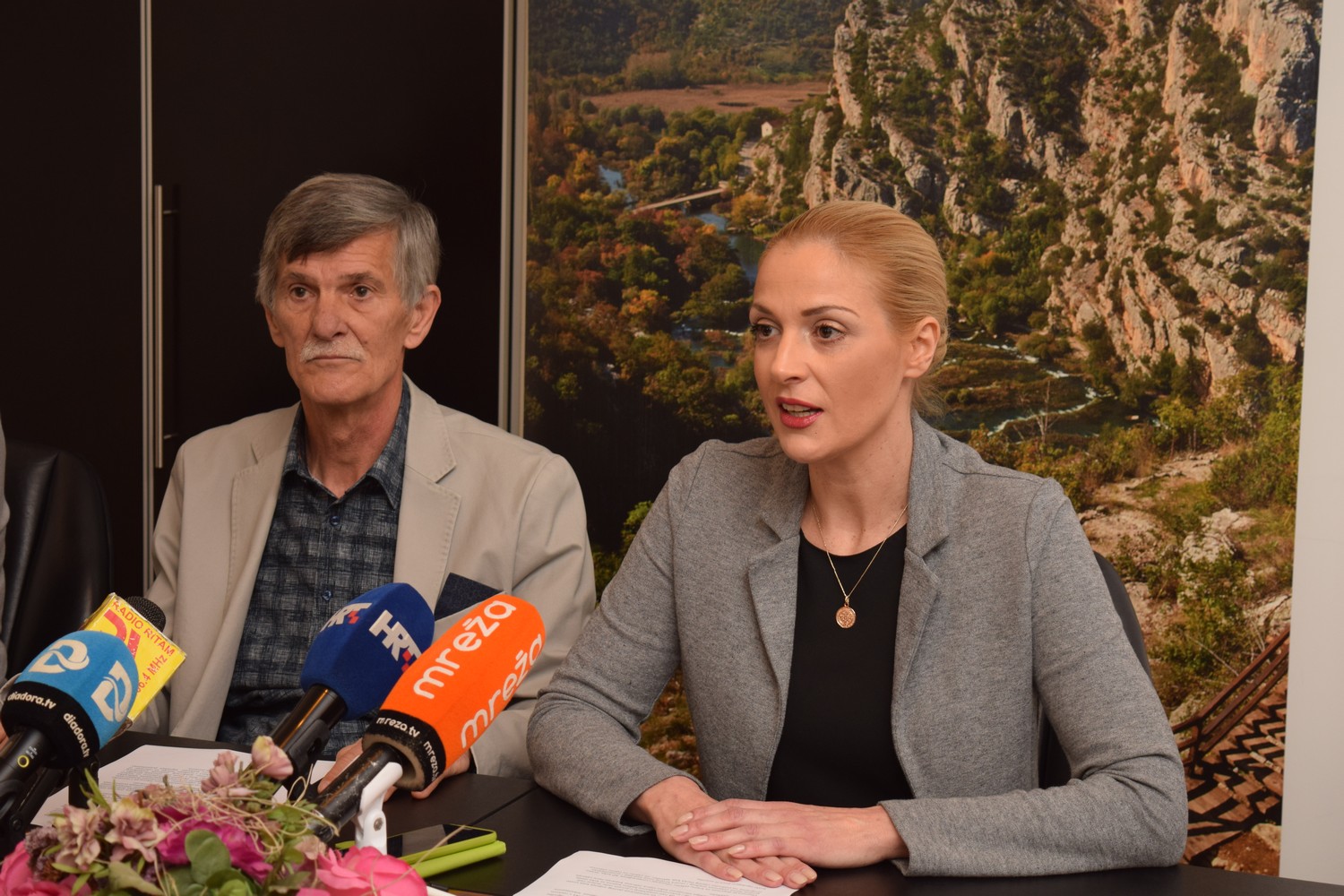
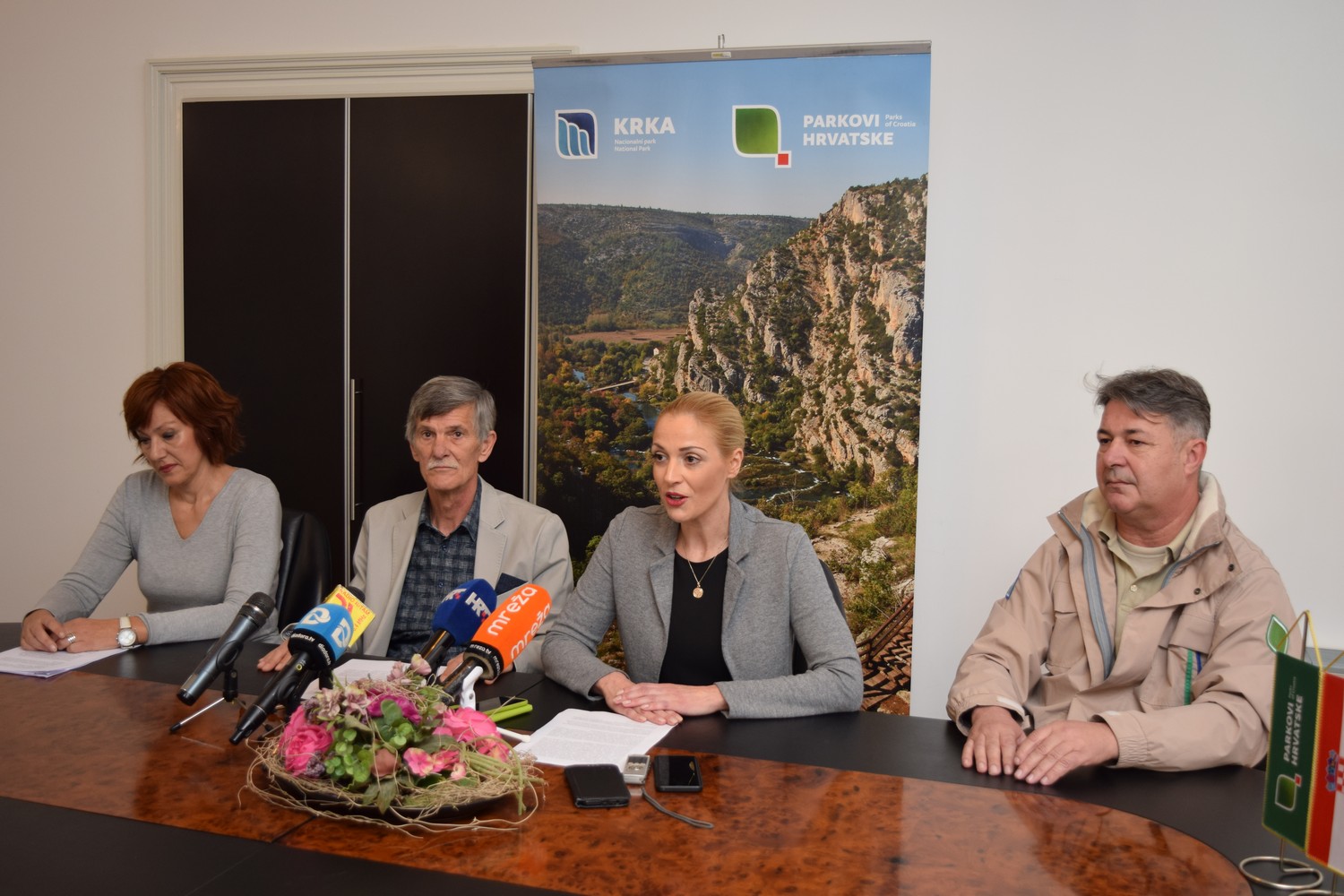
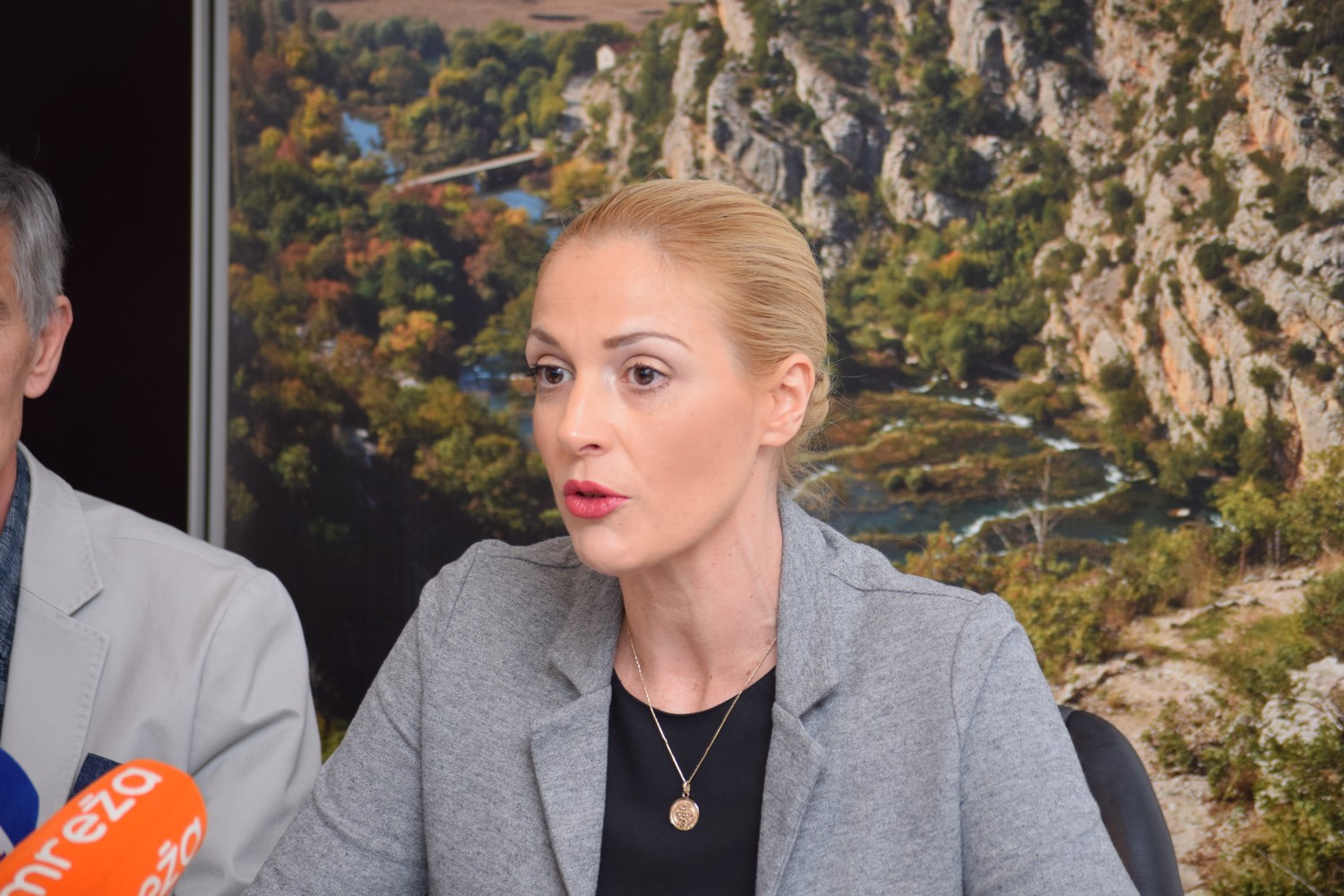
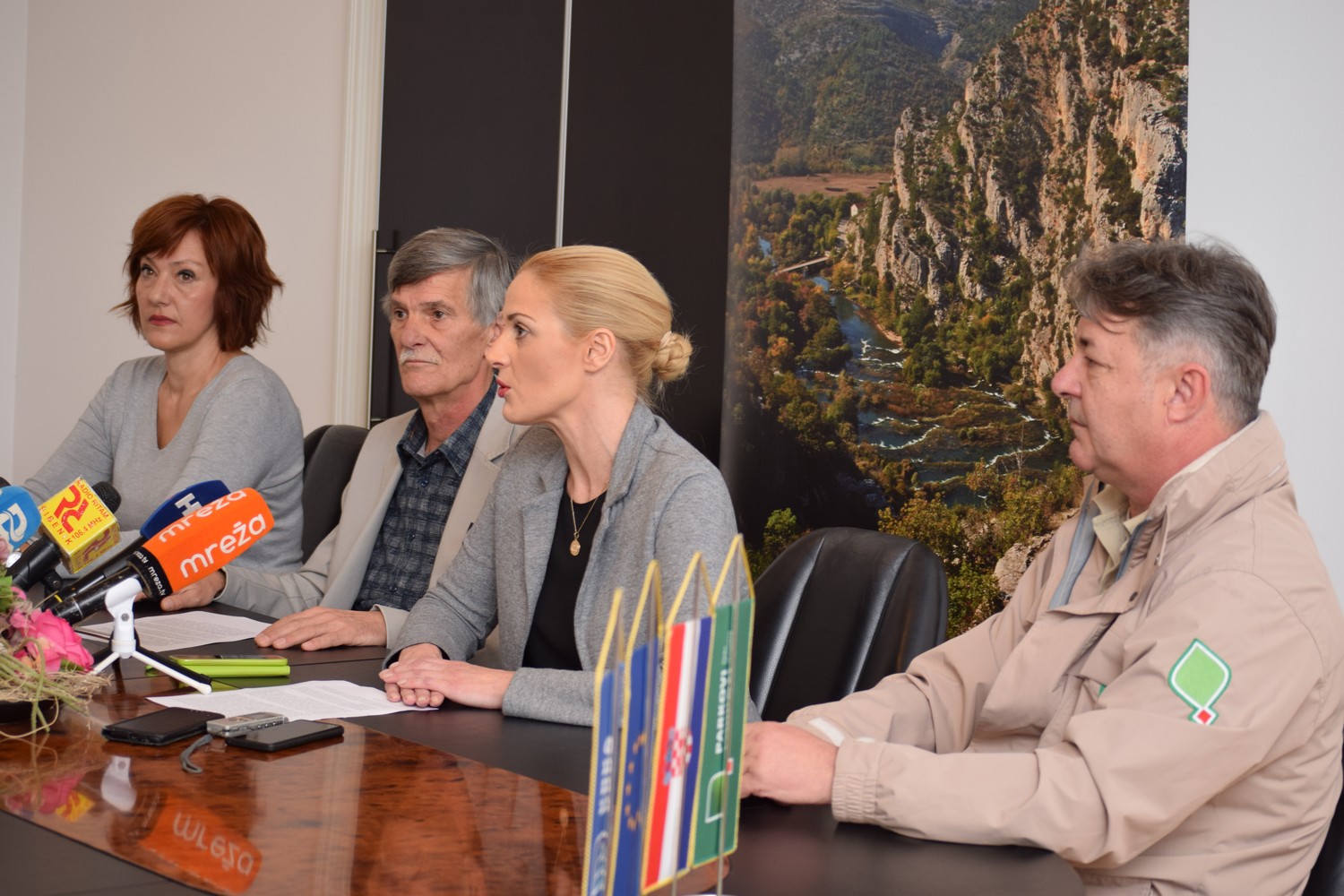
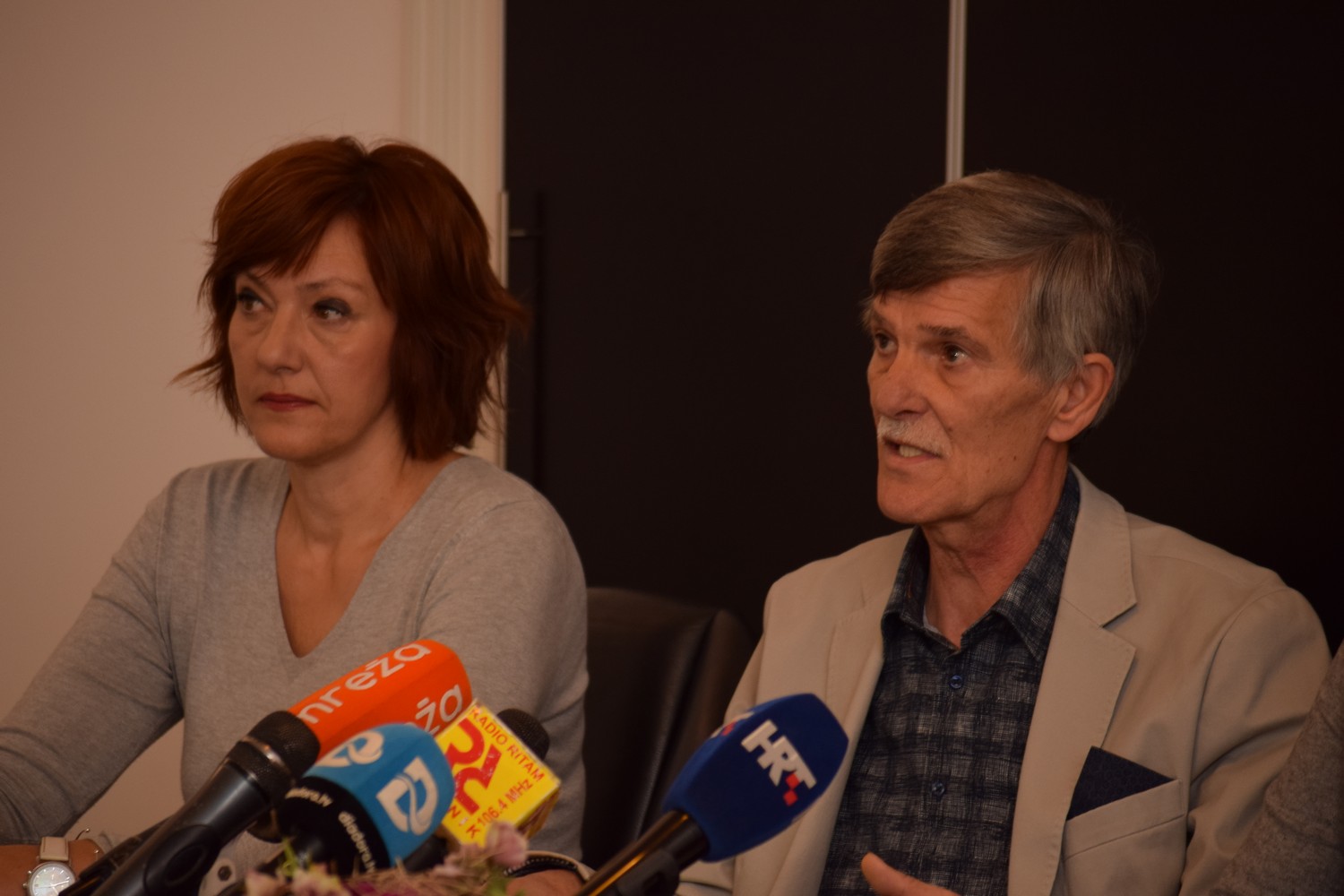
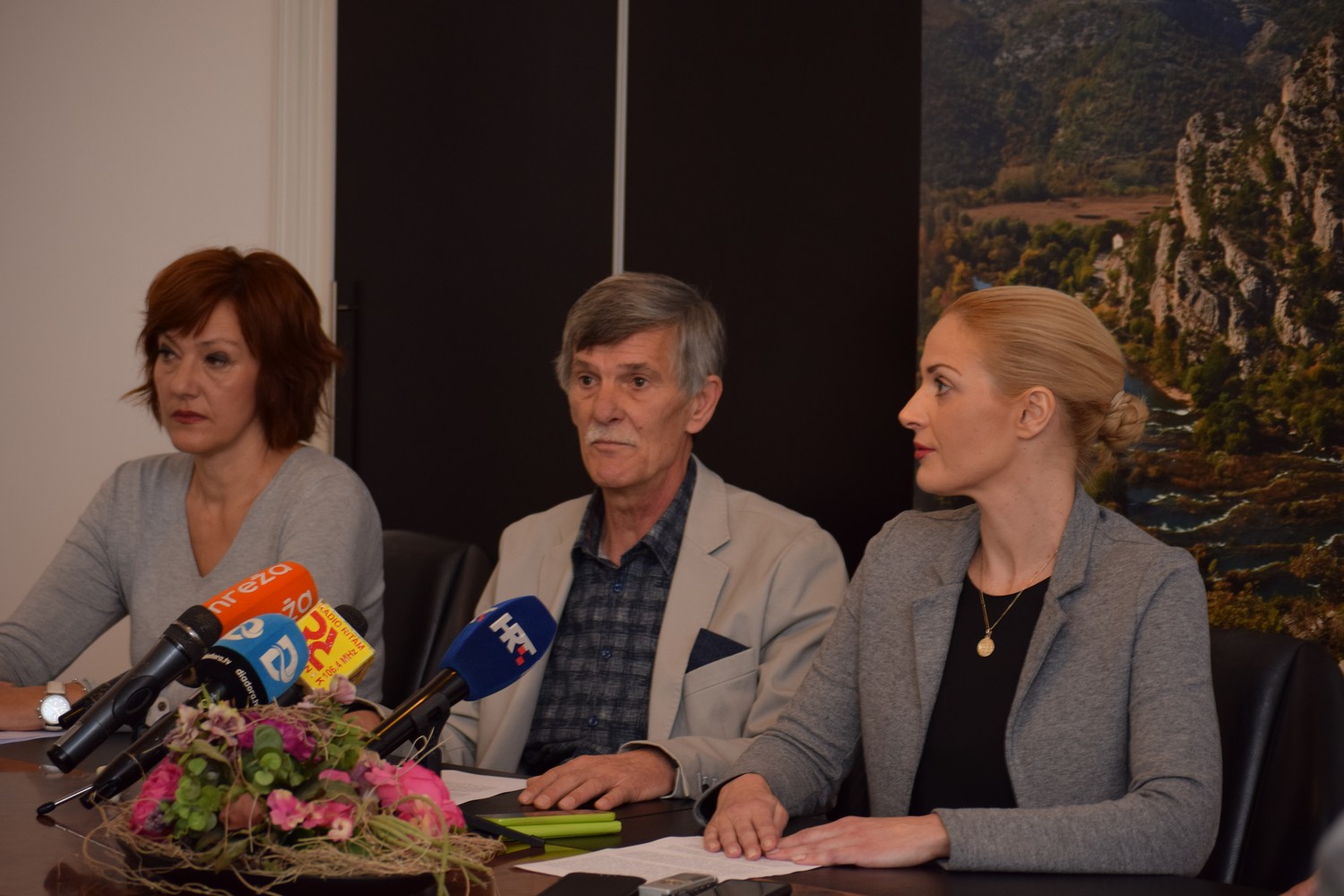



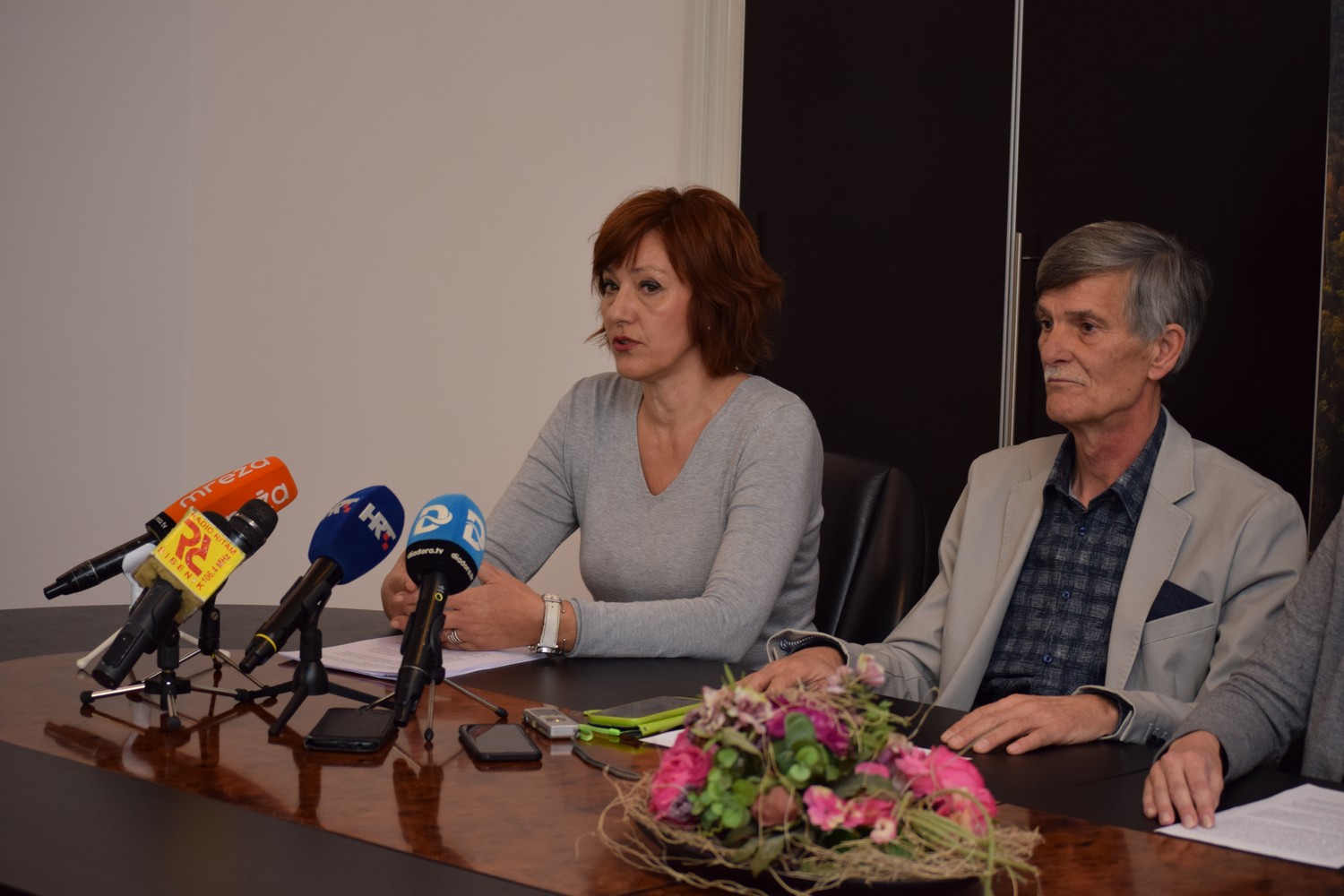
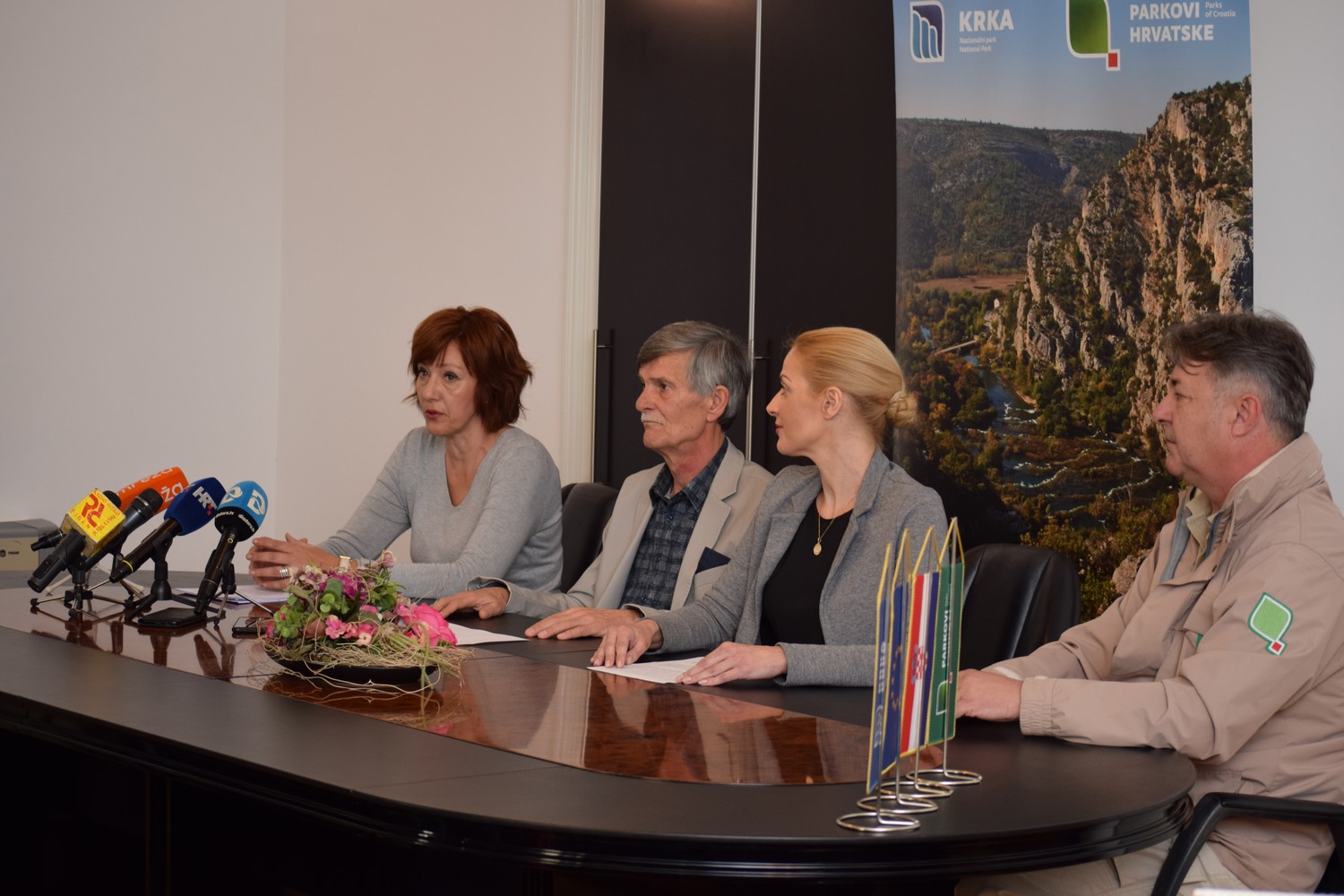

News
JOŠ NOVOSTI IZ KATEGORIJE
Podijeljeno tisuću sadnica: NP „Krka“ sudjeluje u akciji „Rastemo zajedno“ za zeleniju budućnost
Nacionalni park „Krka“ i ove se godine pridružio europskoj akciji „Rastemo zajedno“, u okviru koje je na Međunarodni praznik rada na Skradinskom buku podijeljeno tisuću sadnica lavande i lovora
International Labor Day in the Krka National Park: the gifting of seedlings and free entrance to the Park
This year, the Krka National Park will join the European campaign “Let’s grow together” and on Labor Day at Skradinski Buk at noon, they will distribute a thousand laurel and lavender seedlings, which visitors to the Park can plant in their gardens and yards
The second edition of the Regenerate Europe conference offers "glocal (global/local)" perspectives for the revival of Croatian tourism on the wings of a renewal of local food production and agriculture.
At the Krka Eco Campus in Puljane in the Krka National Park, a two-day international conference “Regenerate Europe” (in English) is being held on May 2 and 3 (and online) on the topic of encouraging local food production and strengthening the connection between local enogastronomy and tourism
A book from the heart for veterans of the Homeland War
Books were donated to the Šibenik Veterans Center, with deep respect for veterans and their role in the community
